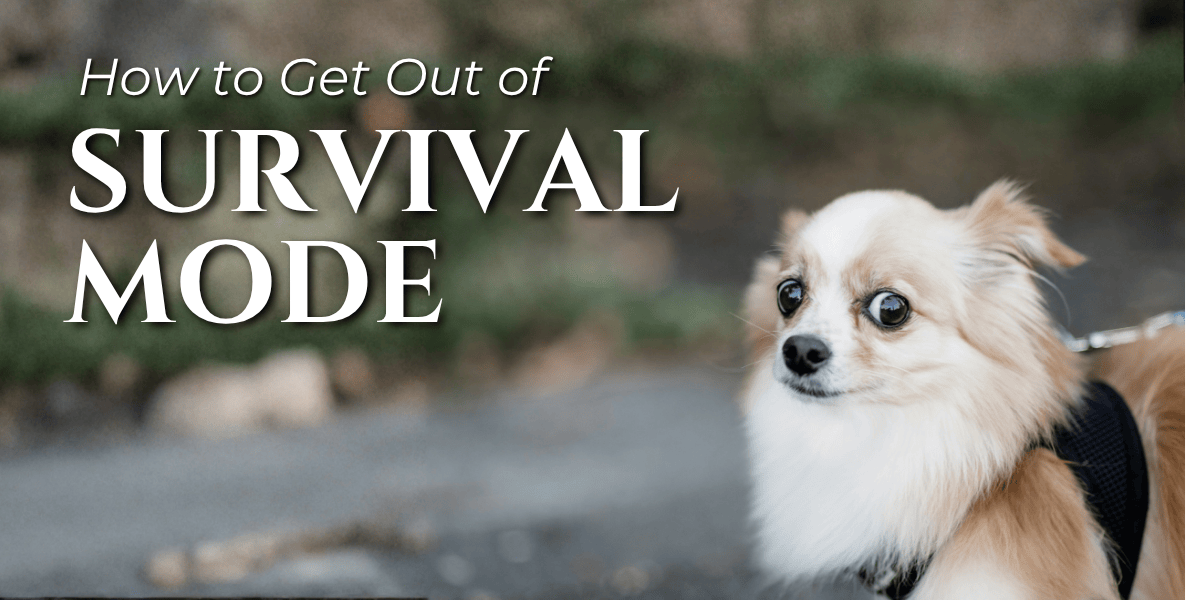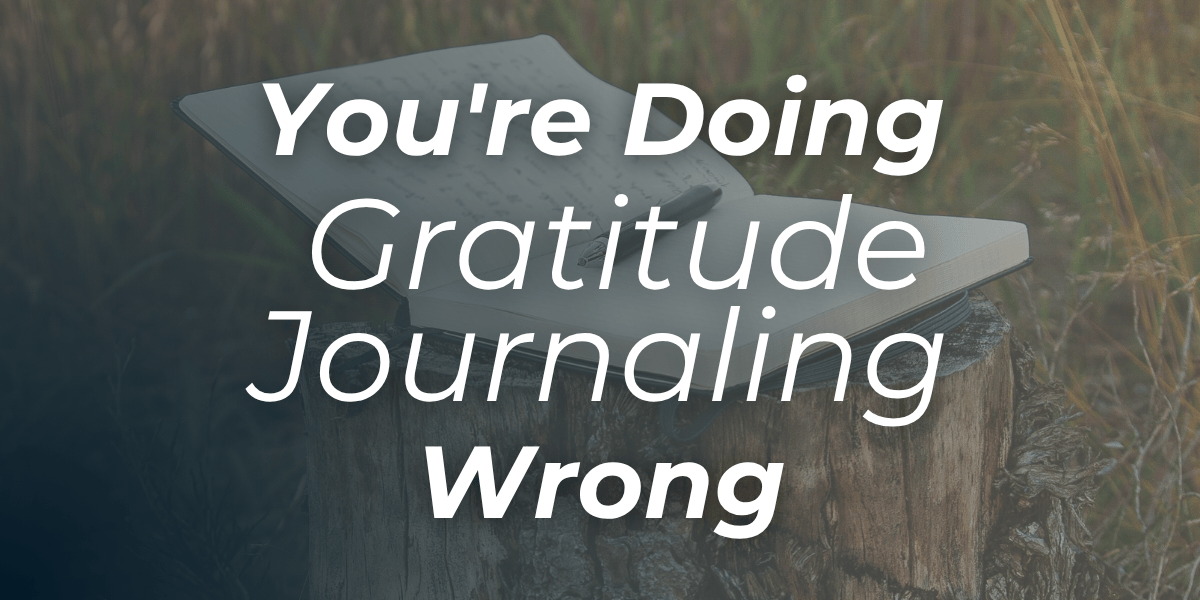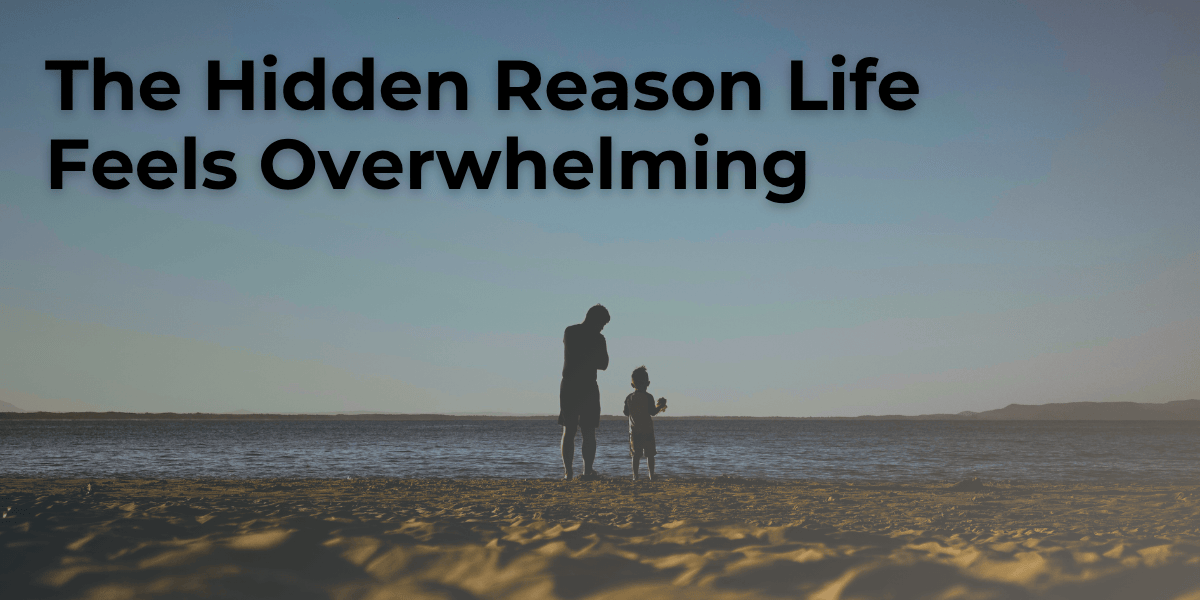Stress is part of life. But when stress stops being temporary and turns chronic, it begins reshaping how your body and mind function. The symptoms aren’t just “in your head.” They’re real, physical signals that your system is overloaded.
Here are eight of the most common signs of chronic stress—and what you can do about them.
1. Constant Fatigue
Even with enough sleep, you wake up drained. Chronic stress keeps your nervous system in fight-or-flight, burning through your reserves.
2. Brain Fog and Forgetfulness
Stress hormones affect memory and focus. Many people describe it as “blank page brain,” where thoughts feel scattered or heavy.
3. Digestive Issues
Stress changes how your gut processes food. Bloating, nausea, or appetite shifts are often overlooked signs of overload.
4. Tension and Pain
Headaches, jaw clenching, shoulder tightness—your body carries stress in muscles. It’s like driving with one foot on the gas and one on the brake.
5. Irritability or Mood Swings
When your system is taxed, even small frustrations feel bigger. Emotional reactivity is often the nervous system asking for relief.
6. Weakened Immune System
Frequent colds or slow recovery? Stress can suppress immune response, making your body less resilient.
7. Sleep Problems
Falling asleep, staying asleep, or waking up restless—all linked to chronic stress patterns in the brain.
8. Feeling Disconnected
Stress doesn’t only affect your body. Many describe feeling distant from others, or even from themselves, as a sign of long-term overload.
Why This Matters
Ignoring these signals doesn’t make them go away. In fact, research shows chronic stress can rewire your brain’s pathways, making it harder to return to balance later. The earlier you recognize the symptoms, the faster you can reset.
What You Can Do:
⇒ Daily nervous system resets (simple breathwork, journaling, or grounding).
⇒ Value alignment (making choices that match what matters most, not just what pressures you).
⇒ Micro-rest practices (short pauses throughout the day to prevent overload).
From our community:
“I thought my headaches were just bad posture. But when I started practicing short breath resets and using the Clarity Journal Prompts, it felt like my body finally exhaled after months of holding my breath.”
If these symptoms sound familiar, don’t ignore them. Start by exploring your Six Human Needs by taking the free "The Six Human Needs Test" and discover which are your top needs. This will give you insight and help you connect your stress patterns to deeper unmet needs.
[Download the Six Human Needs TEST here]
Key Takeaway
Chronic stress doesn’t just steal energy—it reshapes how your body and mind work. But awareness plus small, daily resets can restore balance.






